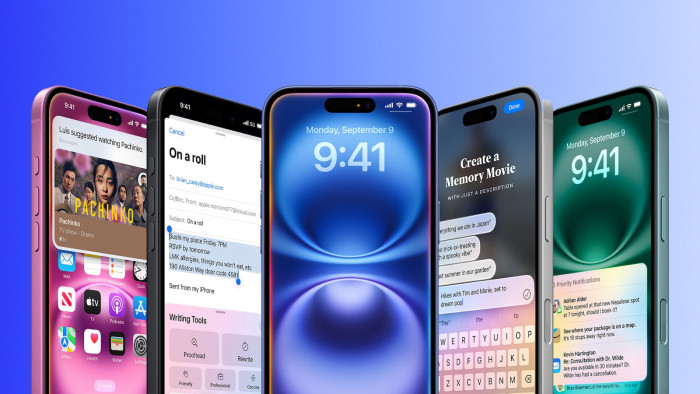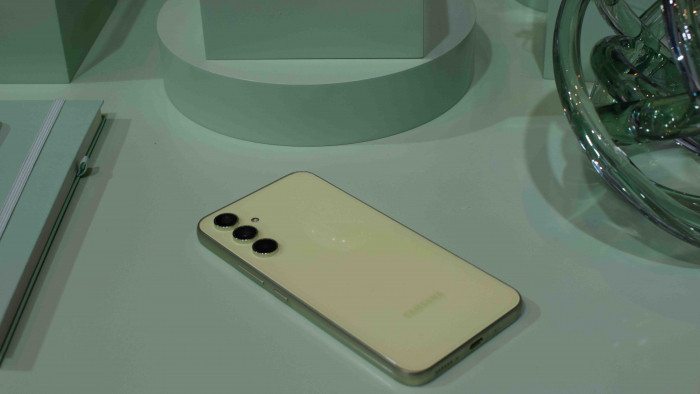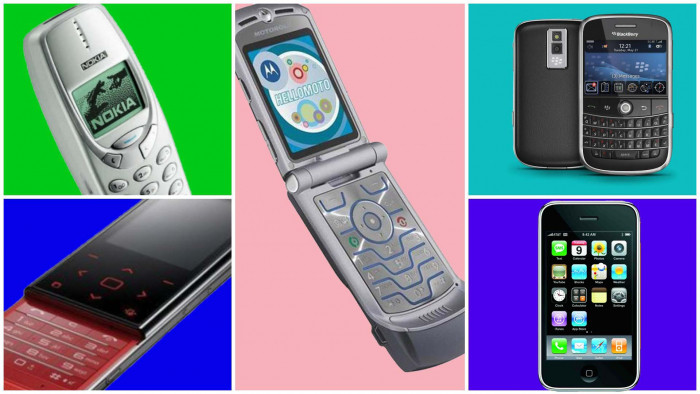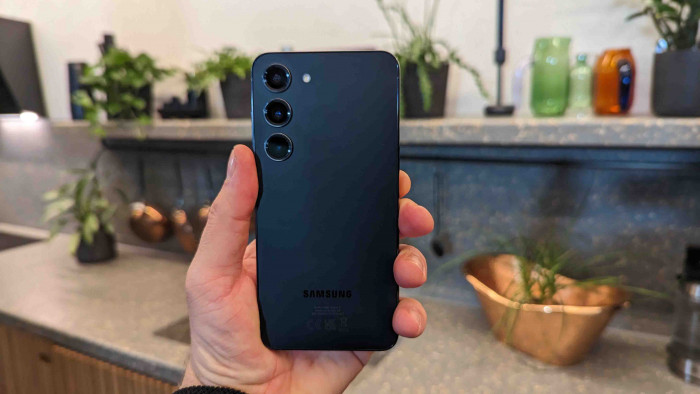What is phubbing? The trend that might be ruining your relationship
A lot of people are guilty of it


Ever procrastinated at work because you were looking at your phone? Missed your stop on the bus? Walked into a lamp post? Fallen asleep with your phone in your hand and accidentally mashed RT on a really embarrassing tweet in the middle of the night that has then remained there for a good six or seven hours before you woke up? Cool, because I’m here to tell you that there’s a new way for you to ruin your life via your phone!
The new phenomenon – known as ‘phubbing’ – has been outlined in a new study from the Hankamer School of Business of Baylor University in Texas. Though the term might be new to you, the reality of it probably isn’t: it’s basically where you snub someone to look at your phone. Phone + snubbing = “phubbing”.
We’ve probably all done it – scrolling through our phones in bed or at the dinner table. But in some cases, according to the study, it’s becoming so extreme that it’s becoming a full on ‘relationship killer’.
70% of the 453 subjects surveyed in the study said that their partner’s phone “interfered” in their relationship, with many saying that it “created conflict”. This in turn led to “lower levels of relationship satisfaction”, “lower levels of life satisfaction and, ultimately, higher levels of depression”.
Some of the statements subjects gave on phone usage also included “My partner places his or her cellphone where they can see it when we are together”, “My partner keeps his or her cellphone in their hand when he or she is with me”, “My partner glances at his or her cellphone when talking to me” and “If there is a lull in our conversation, my partner will check his or her cellphone”. Which is definitely depressing.

It also appears that phubbing is somewhat of a cycle: researchers say that when people are subject to phubbing, they “frequently jump online to find affirmation in the likes and shares and positive comments of social media”.
“When an individual is phubbed, he/she feels socially excluded, which leads to an increased need for attention,” said lead author Meredith David. “Instead of turning to face-to-face interaction to restore a sense of inclusion, study participants turned to social media to regain a sense of belonging.”
“We’re looking online for what we’re not getting offline,” Roberts said. “It’s a vicious cycle.”
Though human contact that isn’t mediated via the internet is obviously vile, the researchers do have some helpful suggestions to get your smartphone addiction under control.
They advise establishing “smartphone-free zones and times” where phones are expressly banned, and also suggest “establishing social contracts and penalties regarding phone use with friends, family and co-workers”. They also point to apps that “track, monitor and control smartphone use” so you can get on top of your addiction.








